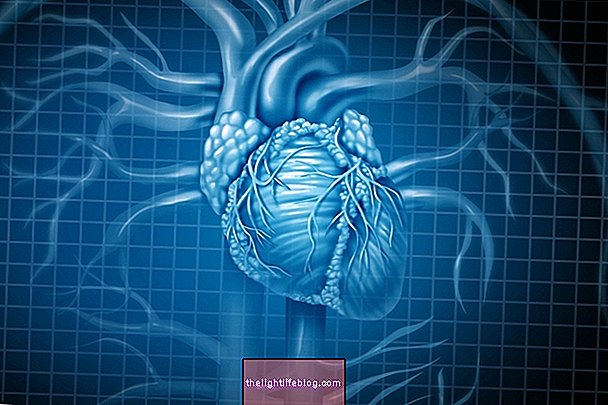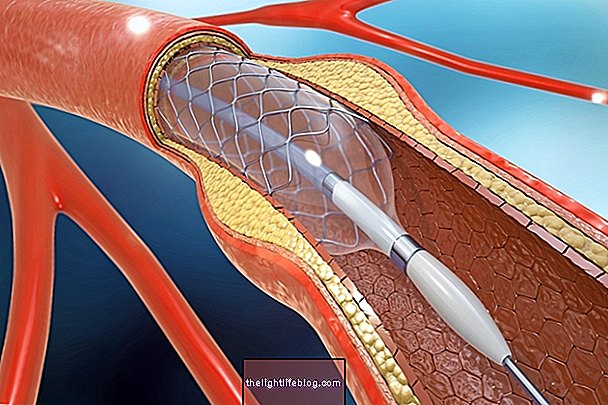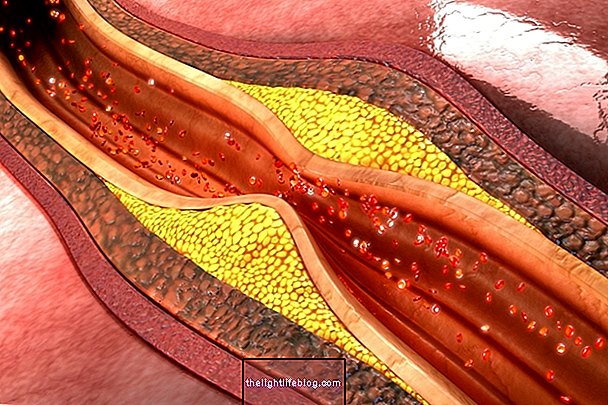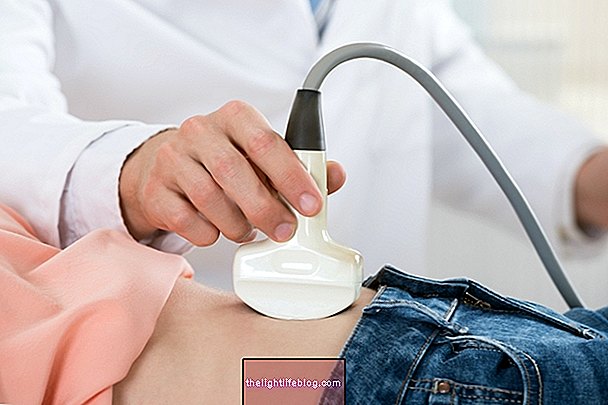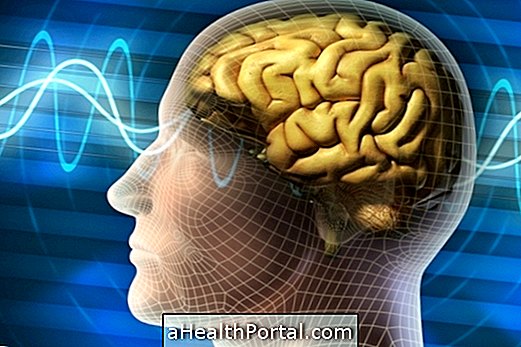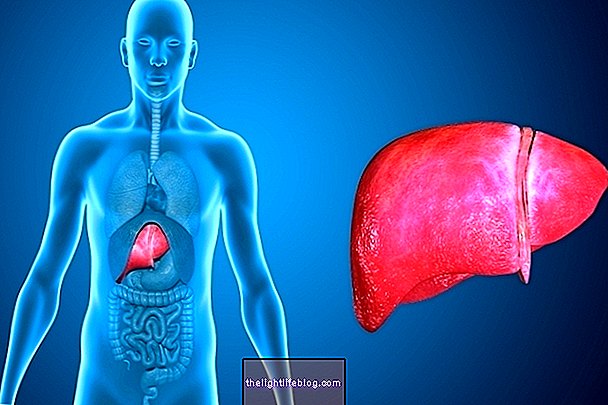Diabetic cardiomyopathy is a rare complication of poorly controlled diabetes, which causes changes in the normal functioning of the heart muscle and can, over time, cause heart failure. See what the signs of heart failure are.
Generally, this type of cardiomyopathy is not related to other factors such as high blood pressure or coronary heart disease and, therefore, is attributed to changes caused by diabetes.

Main symptoms
Although in most cases diabetic cardiomyopathy does not cause any symptoms before the onset of heart failure, it is common to experience some feeling of constant shortness of breath.
However, this symptom is quickly accompanied by other classic signs of heart failure such as:
- Swelling of the legs;
- Chest pain;
- Difficulty breathing;
- Frequent tiredness;
- Constant dry cough.
In the early stages, when there are still no symptoms, cardiomyopathy can be detected through changes in electrocardiogram or echocardiogram exams, for example, and it is therefore recommended to do check-ups periodicals at the doctor to identify these and other diabetes complications early.
Check out a complete list of the most common complications of diabetes and how to identify them.
Why it happens
In cases of poorly controlled diabetes, the left ventricle of the heart becomes more dilated and, therefore, begins to have difficulty in contracting and pushing blood. Over time, this difficulty causes an accumulation of blood in the lungs, legs and other parts of the body.
With excess and fluids throughout the body, blood pressure increases, making it harder for the heart to work. Therefore, in the most advanced cases, heart failure arises, since the heart is no longer able to pump blood properly.
How the treatment is done
The treatment of diabetic cardiomyopathy is recommended when symptoms interfere with daily tasks or cause a lot of discomfort, and can be done with the use of:
- Pressure medications, such as Captopril or Ramipril: reduce blood pressure and make it easier for the heart to pump blood;
- Loop diuretics, such as Furosemide or Bumetanide: eliminate excess fluid in the urine, preventing the accumulation of fluid in the lungs;
- Cardiotonics, like Digoxin: increase the strength of the heart muscle to facilitate the work of pumping blood;
- Oral anticoagulants, Acenocoumarol or Warfarin: decrease the risk of developing a heart attack or stroke due to common atrial fibrillation in diabetics with cardiomyopathy.
However, even without symptoms, it is advisable to keep diabetes well controlled, following the doctor's instructions, control body weight, eat a healthy diet and practice regular physical exercise, as this is a great way to strengthen the heart and avoid complications, like heart failure.
See how you can keep your diabetes well under control and avoid these kinds of problems.
Was this information helpful?
Yes No
Your opinion is important! Write here how we can improve our text:
Any questions? Click here to be answered.
Email in which you want to receive a reply:
Check the confirmation email we sent you.
Your name:
Reason for visit:
--- Choose your reason --- DiseaseLive betterHelp another personGain knowledge
Are you a health professional?
NoMedicalPharmaceuticalsNurseNutritionistBiomedicalPhysiotherapistBeauticianOther
-o-que--causas-e-tratamento.jpg)

